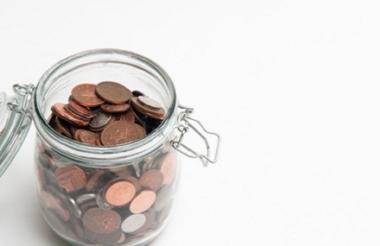Income is now harder to come by for charities. The onset of the Covid-19 pandemic has seen interest rates cut globally, with yields on many sovereign bonds falling ever lower as economies contract amid governmentmandated shutdowns. At the same time, other fundraising activities have also been postponed as a result of the lockdown.
Lockdown has served to expose the underlying fragilities of companies globally. Resilience has been shunned in favour of “optimisation”, with corporate debt levels at historical highs and little cash left in reserve. As cash flow dries up and companies race to shore up their balance sheets, dividends have been slashed.
Some commentators point to the higher yields on offer in corporate bonds. Charity investors have increasingly turned to these markets for income over the past decade of low interest rates following the great financial crisis. But the demand for income has pushed the yields on offer in these markets down, to the extent that the return is not commensurate with the risks involved.
The issue companies are facing is one of solvency, not liquidity. If companies are unable to generate revenues to service their already high debt levels, they may soon find themselves in a tight spot, along with investors who have effectively loaned them money by buying their bonds. There is also the added risk of inflation on the horizon.
Low interest rates over the past decade have also pushed income-orientated investors to meet their income requirements through dividends. Some commentators claim that dividends can bounce back to previous levels once earnings recover.
But in order for this to happen we need the economy to get back up and running quickly. Charity investors should ask whether previously reliable dividend payers will still be so in the future. Politically, any government funds received to bail out a company may come with restrictions as to what, if any, payouts can be made to shareholders.
One place where investors could look for income is Japan. The Japanese stock market boasts well-capitalised businesses with high cash balances and very little debt, so is well positioned to navigate this crisis. Given these companies’ cash reserves and resilient balance sheets, they are still paying investors dividends.
Charles Auer is an investment associate at Ruffer









